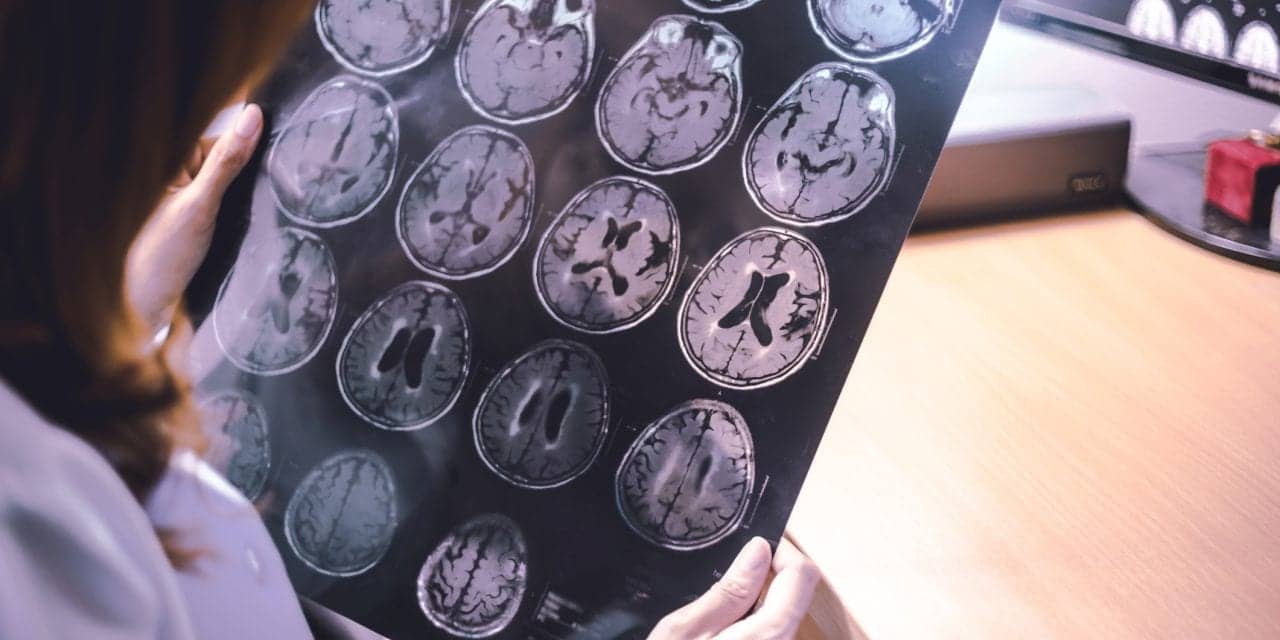Summary:
Cilcare has launched the SAPHIR study to investigate the link between hearing impairments and neurodegenerative diseases, aiming to develop auditory biomarkers for early detection and improved management of Alzheimer’s and Parkinson’s disease.
Key Takeaways:
- Hearing-Neurodegeneration Link – The study explores how hearing disorders, particularly cochlear synaptopathy, relate to early-stage Alzheimer’s and Parkinson’s disease.
- Auditory Biomarker Development – Researchers aim to create digital auditory signatures using advanced diagnostic techniques for earlier detection of neurodegenerative diseases.
- Impact on Future Therapies – SAPHIR’s findings will refine clinical trial strategies for new treatments and improve targeted prevention and intervention efforts.
Cilcare, a biotechnology company specializing in auditory sciences, announced the launch of the SAPHIR study (early Stage of Alzheimer’s and Parkinson’s diseases, HearIng Relevance), an innovative observational study designed to explore the link between hearing impairments and neurodegenerative diseases, particularly in the early stages of mild cognitive impairment and Parkinson’s disease. SAPHIR is part of Cilcare’s broader research efforts, alongside the DIAMANT study—now completed and under analysis—which explores the connection between diabetes and auditory dysfunction.
These studies aim to develop auditory biomarkers, or digital auditory signatures, as innovative tools for the early detection of neuroinflammatory and neurodegenerative diseases, paving the way for improved prevention and disease management strategies.
Hearing impairment is a growing global health challenge, affecting over 20% of the population and expected to impact nearly 900 million people by 2050 (WHO, 2021). Among hearing disorders, sensorineural hearing loss is the most common, with various underlying causes, including cochlear synaptopathy. This form of hearing loss is particularly difficult to detect in its early stages using standard audiometry, making early diagnosis a significant challenge. In Europe, 40% of dementia cases are linked to modifiable risk factors, with hearing loss among the most critical (Livingston et al., 2020). These findings highlight the essential role of auditory health in preventing cognitive decline, reinforcing the need for earlier detection and intervention strategies.
The SAPHIR study aims to achieve key breakthroughs in auditory and neurodegenerative research by:
● Investigating the prevalence of cochlear synaptopathy, a hearing disorder that is challenging to diagnose, in patients with mild cognitive impairment or Parkinson’s disease.
● Developing distinct auditory signatures through advanced testing, including audiometry, tympanometry, electrophysiology, and speech-in-noise assessment.
● Examining the link between hearing disorders and biological biomarkers, with a special focus on plasma-based indicators, to better understand the interplay between auditory dysfunction and neurodegeneration.
The protocol includes questionnaires, biological analyses, and detailed auditory assessments across three groups of 103 participants each:
1. Patients with mild cognitive impairment
2. Patients with Parkinson’s disease
3. Age-matched control group
With 9 million people affected by Alzheimer’s and Parkinson’s in Europe, the SAPHIR study could pave the way for innovative diagnostic and prognostic tools, leading to:
● The identification of early markers to support preventive care.
● A deeper understanding of the link between hearing disorders and neurological diseases.
● Improved quality of life for patients and a reduction in healthcare costs.
“Our observational studies help ensure the right treatments reach patients at the right time while providing solid evidence of drug effectiveness through objective biomarkers recognized by health authorities. By exploring the link between hearing and neurocognitive disorders, we aim to push auditory science forward and protect this essential sense,” says Celia Belline, CEO of Cilcare.
Expected by mid-2026, the SAPHIR study results will help refine Phase 2a trial protocols for CIL001, a drug candidate targeting cochlear synaptopathy, while also advancing the preclinical development of CIL003. As part of an innovative clinical strategy, these observational studies use artificial intelligence to identify and stratify patient groups most likely to respond to treatment, paving the way for more targeted and effective therapies.
About the SAPHIR Study
The SAPHIR study is a multicenter, prospective, and cross-sectional study, classified as RIPH2, conducted on three groups of participants aged 50 to 85: a group with amnestic mild cognitive impairment (MCI) of neurodegenerative origin (e.g., Alzheimer’s disease), a group of Parkinson’s disease patients, and an age-matched control group. Participants will follow a protocol that includes blood tests, cognitive assessments, and auditory evaluations across three visits, with an optional visit to review their hearing assessment with an ENT specialist. The primary objective is to compare the prevalence of cochlear synaptopathy among the three groups, identified by speech-in-noise deficits despite a normal or slightly altered pure-tone audiogram. Secondary objectives include comparing other hearing disorders (sensorineural hearing loss, auditory neuropathy, and speech comprehension deficits) across groups, as well as studying asymmetric hearing loss in Parkinson’s patients and its link to motor symptoms. The study will also assess the prevalence of hearing disorders across different frequencies and explore associations between auditory profiles—including cochlear synaptopathy—and Alzheimer’s disease, in relation to plasma biomarkers.




